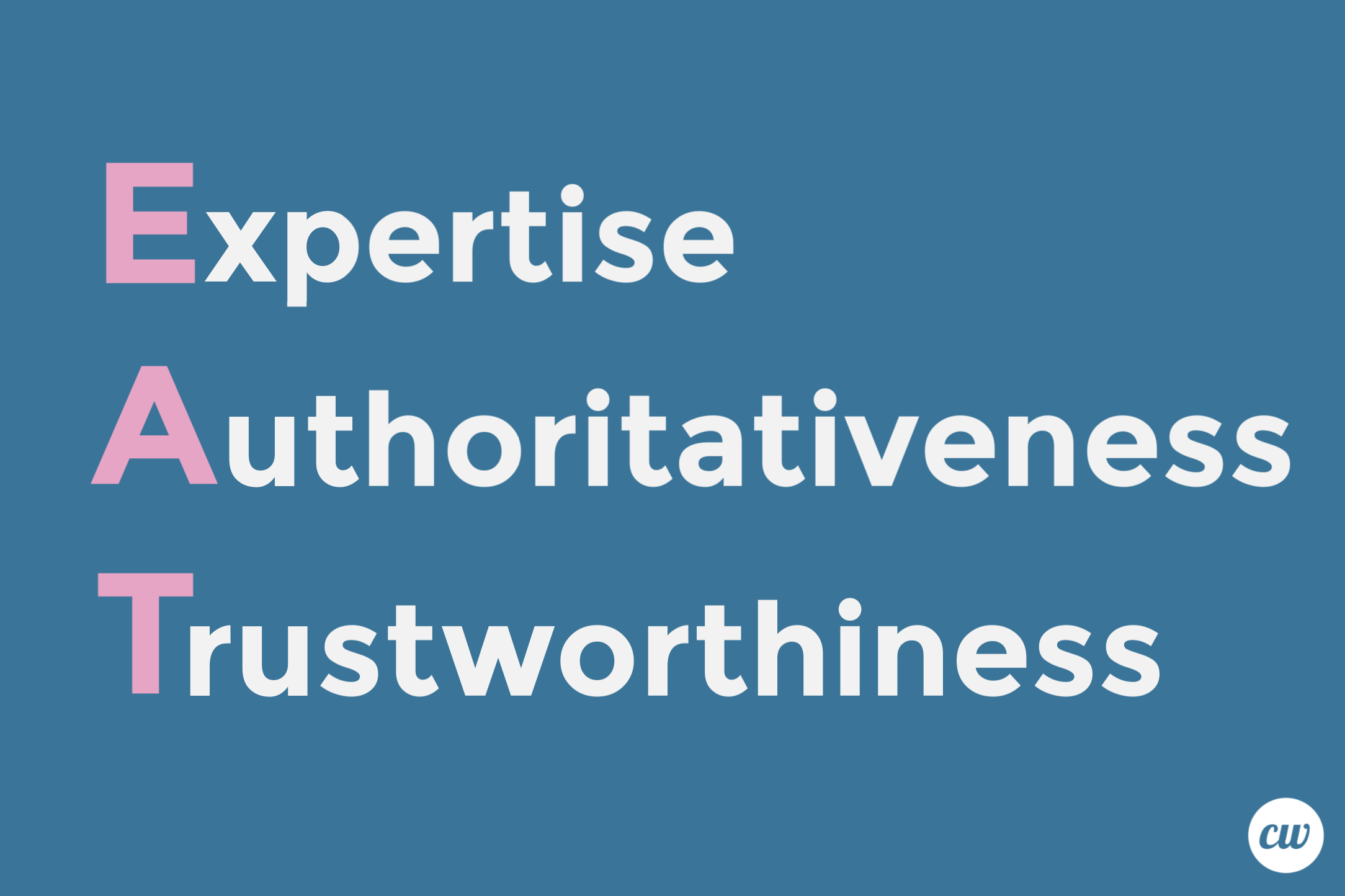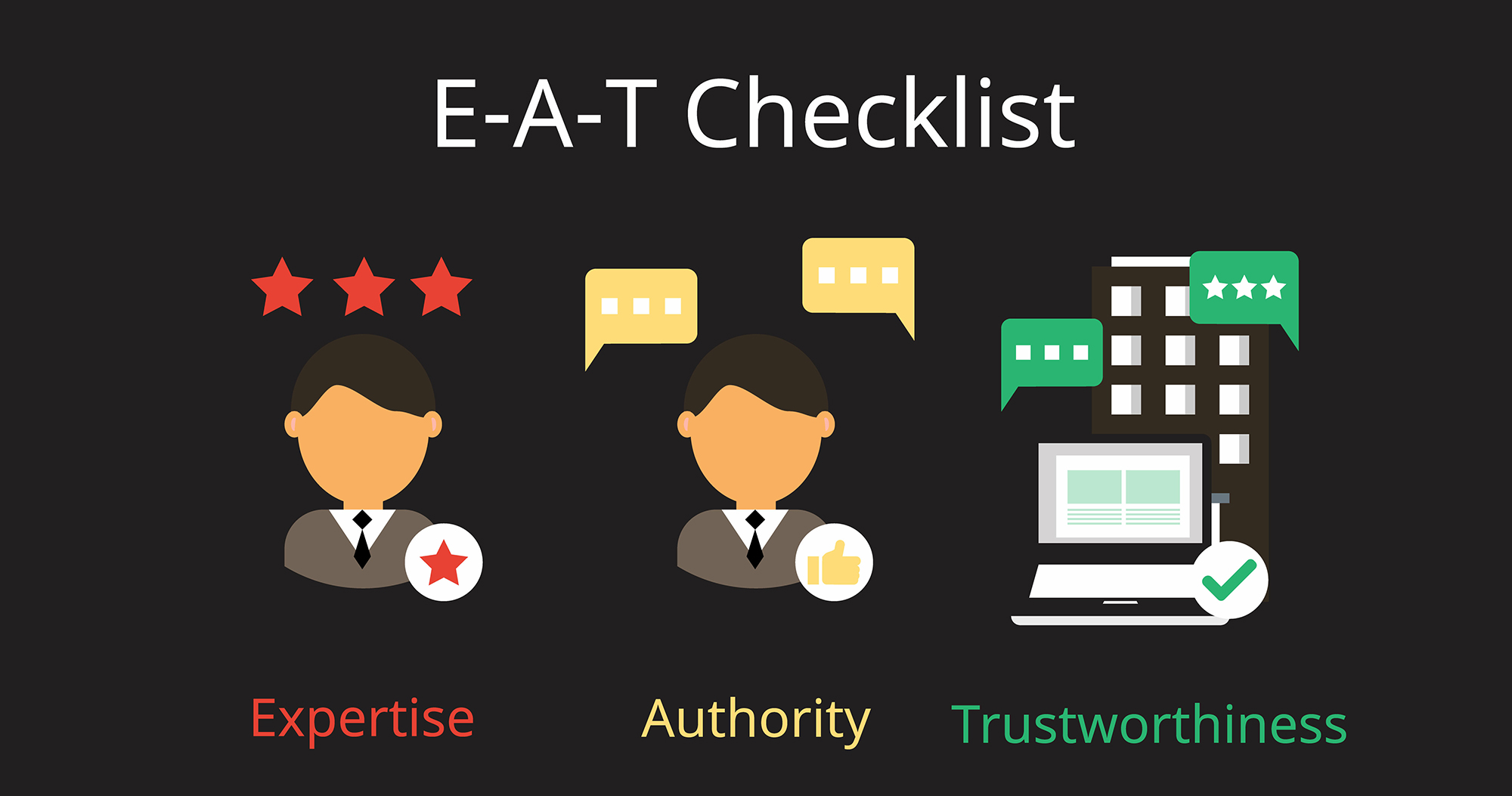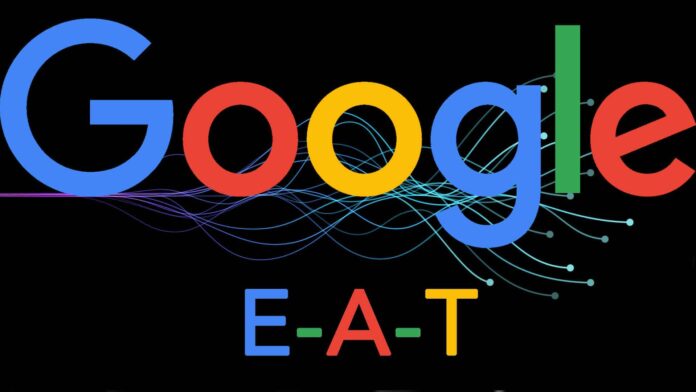In the fast-paced digital world of today, discerning the reliability of online information has risen to the forefront of our concerns, given the deluge of internet content. Amid this content flood, distinguishing between trustworthy sources and deceptive ones has grown increasingly daunting. Enter EAT – Expertise, Authoritativeness, and Trustworthiness – a vital framework that guides us in assessing the credibility of online content and the trustworthiness of those behind it.

Read more.. EAT(Expertise Authoritativeness Trustworthiness) Role in SEO
Read more.. Nipah Virus in India Preparedness, and Public Awareness
Expertise: The Foundation of Reliable Information
Expertise is the foundational pillar of EAT, encompassing the depth of knowledge and proficiency held by the author or creator of online content. When evaluating expertise, it’s crucial to scrutinize the qualifications, experience, and background of the individual or entity responsible for the information. Are they recognized authorities in their respective fields? Can they demonstrate a history of generating precise and valuable content?

Read more.. How Can I Contest The Election Of Sarpanch?
Read more.. Stranded Canadian PM Departs India As Plane Snag Is Resolved
For instance, in the context of researching a medical subject, content authored by a licensed medical practitioner or a reputable medical institution is likely to be more trustworthy than information originating from an unverified source. Expertise extends beyond mere knowledge; it also encompasses the capacity to effectively convey that knowledge to the intended audience.
Authoritativeness: Establishing Credibility
Authoritativeness, the second element of EAT, is closely related to expertise but goes beyond mere knowledge. It pertains to the perceived standing and reputation of the content creator or organization within their respective industry or field. An authoritative source is one that is widely recognized and respected for its contributions.
Consider the example of a technology blog. A blog run by a well-known tech expert with a history of accurate predictions and in-depth analysis is more authoritative than a random blog with no established reputation. Authoritativeness can be measured by factors like peer recognition, citations from other experts, and the track record of the source in providing reliable information over time.
Trustworthiness: The Bedrock of Online Credibility
Trustworthiness is the final component of EAT and is arguably the most critical. It encompasses both the accuracy of the information presented and the transparency and honesty of the source. Trust is easily eroded if readers discover bias, conflicts of interest, or a deliberate intent to deceive.
To assess credibility, it’s essential to scrutinize not just the content itself but also the website or platform where it resides; is the information well-referenced, rigorously fact-checked, and devoid of glaring inaccuracies? Does the source provide clear references and citations for its claims? Are there any indications of hidden agendas or financial incentives that might compromise objectivity?
In today’s information age, trustworthiness also extends to data privacy and security. Visitors must feel confident that their personal information is handled responsibly and that the website they’re using is secure against cyber threats.
The Interplay of EAT in Digital Content
EAT is not a standalone concept but an interplay of these three elements. For online content to be considered credible, it must exhibit a balance of expertise, authoritativeness, and trustworthiness. A highly knowledgeable source may lack credibility if it lacks transparency or if its qualifications are unverifiable. Likewise, a highly authoritative source can lose trust if it disseminates inaccurate or biased information.
In conclusion, EAT (Expertise, Authoritativeness, and Trustworthiness) serves as a vital framework for evaluating the reliability and credibility of online information and its creators. In an era where misinformation and disinformation abound, individuals must be discerning consumers of online content, using EAT as a guide to make informed decisions about the information they consume and trust. By prioritizing EAT, we can navigate the digital landscape more effectively, ensuring that the information we rely on is not only accurate but also worthy of our confidence.



